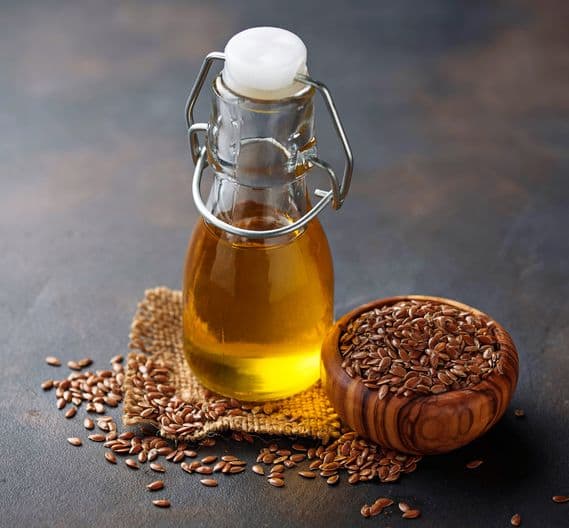Canola Oil
CANOLA OIL IS 100% CANADIAN!
The word canola is a contraction of the words Canada and ola (meaning oil). Developed in Manitoba, Canola is a “Made in Canada” innovation.
canola oil is good for you when consumed in moderation as part of a healthy diet. Canada’s Food Guide recommends including a small amount of unsaturated fat in your diet each day and to use vegetable oils such as canola, olive and soybean. They also recommend that you limit saturated fats such as butter, hard margarine, lard and shortening.
While canola oil contains the same amount of fat and calories of all commercial oils, it has the lowest amount of saturated fat.

HOW DOES CANOLA OIL COMPARE TO OTHER VEGETABLE OILS?
It is first important to remember that the daily inclusion of two to three tablespoons of any liquid vegetable oils that contain monounsaturated and polyunsaturated fats is recommended by Health Canada, while the consumption of solid fat is recommended to be kept low.
CANOLA OIL VS. SOYBEAN OIL
Soybean oil contains 15% saturated fat, while Canola has 7%, less than half that of soybean oil. Soybean is higher in omega-6 while canola is higher in omega-3 fatty acids.
CANOLA OIL VS. OLIVE OIL
Canola oil and olive oils have a similar composition as they are both high in monounsaturated fat and they are recommended for cooking. Olive oil is a Mediterranean favourite, but it contains more saturated fat (14%) than canola oil (7%). However, extra-virgin olive oil may have additional benefits for the heart (as it contains additional bioactives/plant-based compounds).
CANOLA OIL VS. CORN OIL AND SUNFLOWER OIL
Corn and sunflower oils contain more polyunsaturated fat than canola oil, but they also contain higher levels of saturated fat.
CANOLA OIL VS. COCONUT OIL
Lately, coconut oil has garnered a reputation of being the hero of all oils but it’s difficult to understand its popularity. Coconut oil contains over 90% saturated fat, so it’s a mystery why anyone would use coconut oil instead of canola oil!
Canada’s Food Guide recommends limiting solid fat such as coconut oil, and choose oils higher in unsaturated fat such as canola oil.
When we consider the potential health benefits, fat content and versatility, canola oil is an ideal choice for your health…and don’t forget, it’s a Canadian innovation!


Linseed Oil
Linseed (also know as flaxseed) oil is made from ground and pressed flax seeds. It is known for its many health benefits, including lowering inflammation, preventing heart disease, and reducing cancer risk.
Flaxseed oil contains many active and helpful compounds,1 including:
- Omega-3 fatty acids
- Healthy proteins that may decrease risk factors of heart disease
- Fiber to prevent digestive issues and constipation
- Phenolic compounds (lignans), which may prevent cancer
- Minerals, including calcium and magnesium
Flax or as it is also referred to as linseed, has been consumed for thousands of years. Over the centuries, the production of flax spread across Europe, Africa and finally to North America where it was the first oilseed to be widely grown in Western Canada.
Canada is the world’s largest producer and exporter of flax with annual exports valued at CAN$150-180 million (M). As a result, market conditions in Canada have a significant impact on global flax prices.
Over the last century, flax has experienced major shifts in demand. Technological developments since the 1950s, such as the increased use of water based paints and petroleum based floor coverings, reduced industrial demand for flax. In the late 1990s however, the trend towards environmentally friendly and health-oriented products opened new opportunities for flax. The non-allergenic and biodegradable characteristics of linoleum, along with quality improvements, have led to a resurgence of demand for linoleum in some parts of Europe.
Further, the awareness of flax as a beneficial food and feed has been increasing among the North American population. Over the last decade in North America, the use of flax in breads, bagels and other baked goods has tripled the demand for flax in the food industry. Some other niche markets for flax include premium pet foods, which improve the overall health and appearance of cats, dogs and horses. The majority of flax in North America is consumed as feed; while in China and India it is mostly consumed as food.

